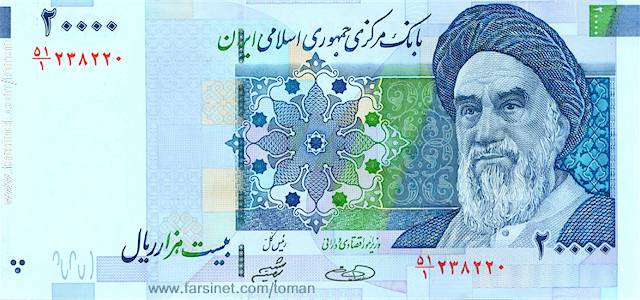
Washington: Iran's central bank governor has said that the country has completed the process of diversifying its external reserves away from the dollar. Tahmasb Maaheri, who took over as the central bank governor of the country, told Washington-based Emerging Market magazine the process of diversification is almost 100 per cent. "We have done our best to implement this diversification in both our resources, instruments and forex reserves in order to get maximum out of our assets," he said. Currently, most of Iran's trading partners are making payments for oil in currencies other than the dollar. Iran's move to diversify away from the dollar has been partly motivated by political tensions with the US and partly due to the weakness of the dollar in the past two years. In recent years, Iran has been calling for reserve diversification and pricing of oil against a basket of currencies. Although many countries in the Middle East are not as vocal as Iran, recent statistics from US Treasury Department indicate that many of them are diversifying their reserves away from dollar denominated assets. Data The latest data from the US Treasury showed outflows of $163 billion from all forms of US investments in August. While Japan and China led the withdrawals, the new revelation has increased fears of further withdrawals, significantly by Gulf central banks and government-owned funds. Asian investors sold $52 billion worth of US Treasury bonds in August. While Japan sold US Treasuries worth $23 billion, China and Taiwan sold $14.2 billion and $5 billion, respectively. It is the first time since 1998 that foreigners have sold Treasuries so heavily. Gulf central banks, which hold only a fraction of their total foreign exchange reserves, continue to maintain more than 70 per cent of their reserves in dollar denominated assets. However, the government-owned investment funds who control the bulk of oil export earnings, are understood to be diversifying away from dollar-denominated assets. While Qatar recently admitted that it has diversified more than 50 per cent of its assets, investment banking sources have confirmed that most Gulf-based sovereign wealth funds have active currency strategies and many of them are diversifying their holdings.
-------------------------------------------------------
I am no expert in macro economy, but I think this trend in Middle East would create a decrease in global demand for US Dollars, which may depreciate its value.
Perhaps this is a sign of the permanent and steady decline of US Dollar in world economy.


No comments:
Post a Comment